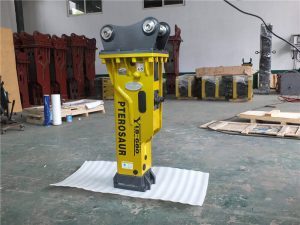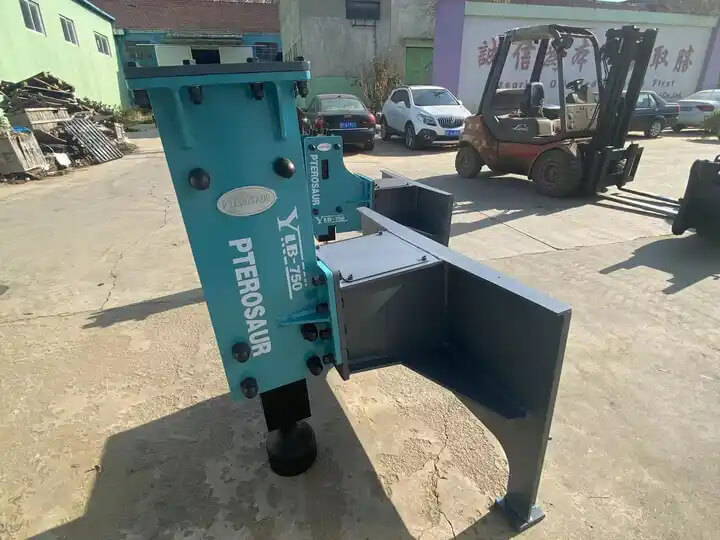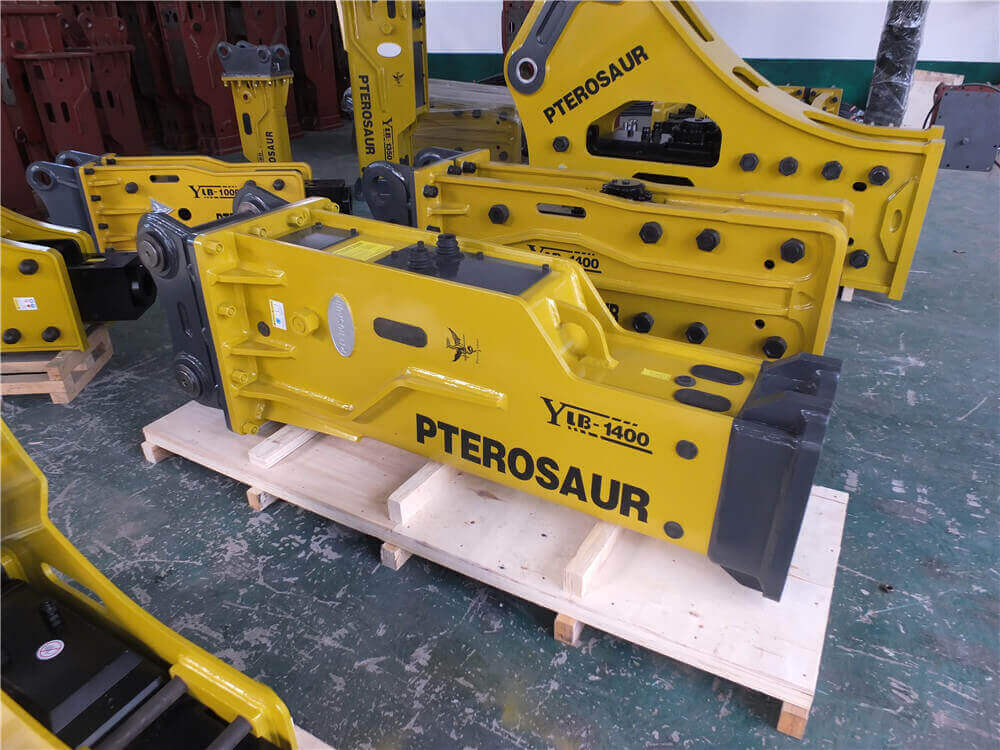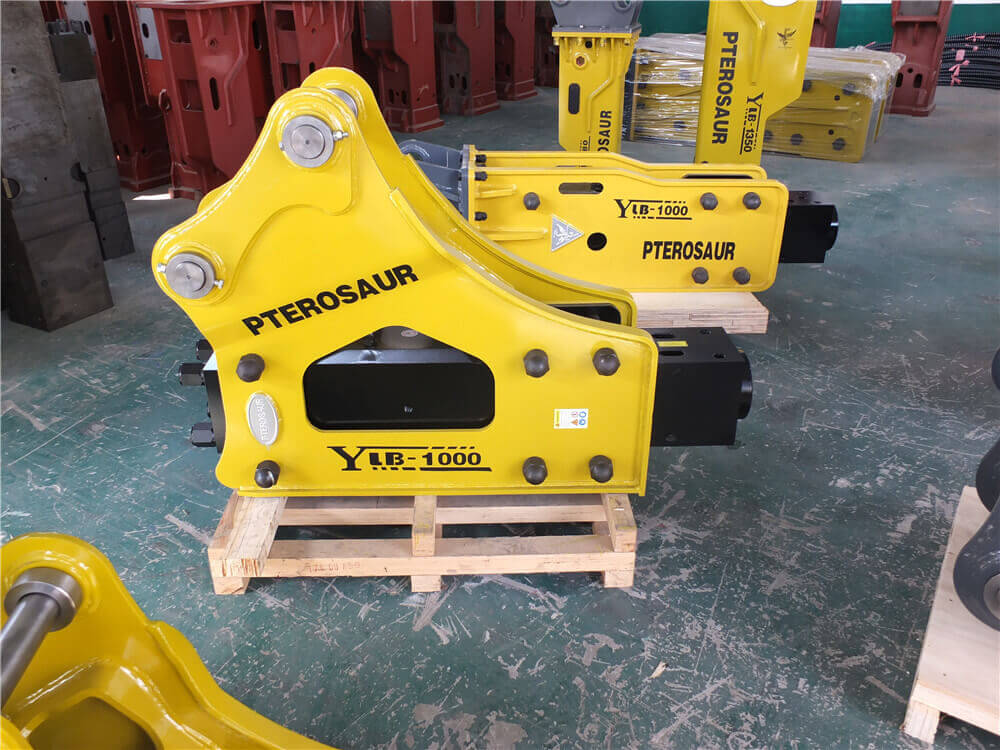Understanding Excavator Hammers: A Comprehensive Guide
Excavator hammers, also known as hydraulic hammers or breakers, are powerful attachments designed to enhance the capabilities of excavators. These tools are essential in various construction and demolition applications, allowing operators to break, crush, and shatter hard materials such as concrete and rock. This article explores the mechanics, applications, and considerations for choosing the right hydraulic hammer for your excavator.
What is an Excavator Hammer?
An excavator hammer is a hydraulic attachment that uses hydraulic pressure to drive a piston, generating an impact force capable of breaking through tough materials. These hammers are vital for projects involving demolition, excavation, and construction, where the need to manage hard surfaces is prevalent.
How Does an Excavator Hammer Work?
The functionality of an excavator hammer relies on the hydraulic system of the excavator. The key components include:
-
Hydraulic Pressure: The hammer’s effectiveness is directly related to the hydraulic pressure and flow rate supplied by the excavator. Higher pressure leads to a more powerful impact force, enabling the hammer to break more rigid materials efficiently.
-
Mechanics: The hammer consists of a piston that reciprocates within a cylinder. When hydraulic fluid is directed into the hammer, it pushes the piston down, creating a high-impact force upon contact with the material.
-
Compatibility: Ensuring that the hydraulic hammer matches the excavator in terms of hydraulic capacity, weight, and size is crucial for safe and efficient operation.
Types of Excavator Hammers
There are several types of excavator hammers suited for different applications:
- Standard Hydraulic Hammers: These are used for general demolition and excavation tasks.
- Jack Hammers: Specifically designed for breaking rock or concrete, jack hammers are versatile tools for various construction tasks, including trenching and foundation work.
- Vibro Hammers: Used primarily for driving sheet piles, vibro hammers are perfect for applications that require precise and controlled impact.
Choosing the Right Excavator Hammer
When selecting an excavator hammer, consider the following factors:
-
Hydraulic Capacity: Ensure that your excavator can provide the necessary pressure and flow rate to operate the hammer effectively.
-
Weight and Size: The hammer must be appropriate for the excavator’s boom and arm to maintain balance and efficiency.
-
Application Requirements: Different projects may require specific features, such as increased impact energy or durability against heavy use.
Leading Brands and Models
Several manufacturers offer high-performance hydraulic hammers for excavators, including:
- Caterpillar: Known for their robust and reliable hydraulic hammers, designed to maximize the performance of Cat equipment.
- NPKCE: Offers a range of hydraulic breakers suited for various applications, from demolition to concrete breaking.
- Indeco: Provides a variety of hammers that cater to different carriers and budgets, ideal for urban demolition and construction projects.
Conclusion
Hydraulic hammers are indispensable tools in the construction, mining, and demolition industries. Their ability to deliver high-impact energy makes them suitable for breaking through tough materials efficiently. When selecting an excavator hammer, consider the hydraulic capacity, weight, size, and specific project requirements to ensure optimal performance. By investing in the right hammer, operators can enhance productivity and safety in their operations.
Whether you are looking for mini hydraulic excavators or heavy-duty breakers, understanding the nuances of excavator hammers will enable you to make informed decisions that complement your construction needs.




































